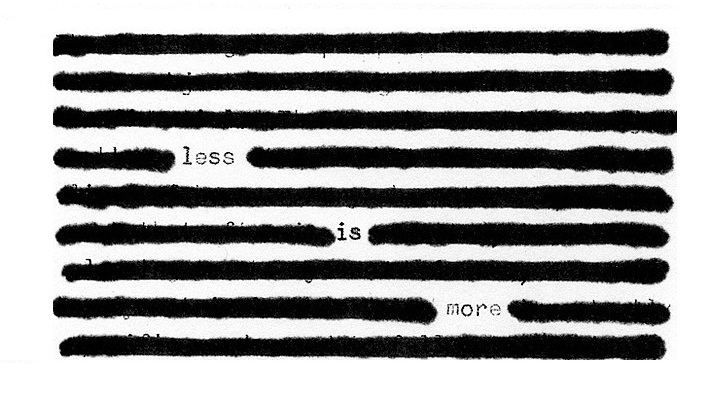There's a lengthy multi-defendant trial before Judge Rosenbaum right now. I've been hearing lots of interesting (and sometimes funny -- including Marc Seitles putting on a dress during a cross!) stories from the trial, and this one is worth sharing. Dore Louis filed a motion for phone records, which the government claims it doesn't have. But -- according to recent reports -- doesn't the government have all of our phone records?
Judge Rosenbaum wants to hear from the government on this point:
Defendant Brown urges that the records are important to his defense because cell-site records could be used to show that Brown was not in the vicinity of the attempted robbery that allegedly occurred in July 2010. And, relying on a June 5, 2013, Guardian newspaper article that published a FISA Court order relating to cellular telephone data collected by Verizon,1 Defendant Brown now suggests that the Government likely actually does possess the metadata relating to telephone calls made in July 2010 from the two numbers attributed to Defendant Brown.
Under 50 U.S.C. § 1806(f), when an “aggrieved person”2 moves “to discover, obtain, or suppress evidence or information obtained or derived from electronic surveillance[3] under [FISA],” the Court must provide the Attorney General of the United States with an opportunity to file an affidavit under oath indicating whether disclosure or an adversary hearing on the defendant’s request would harm the national security of the United States. If the Attorney General files such an affidavit, the Court must conduct an in camera and ex parte review of the application, order, and other materials to determine whether the surveillance of the movant was lawfully authorized and conducted. If the Attorney General declines to file such an affidavit, however, the Court may conduct this inquiry in open court.
Upon review of the application, order, and other materials, if the Court concludes that Defendant Brown was an “aggrieved person” and that the surveillance was not lawfully authorized or conducted, it must grant Defendant’s Motion and preclude the Government from using the evidence. See 50 U.S.C. § 1806(g). And, even if the Court determines that the surveillance was lawfully authorized or conducted, it must order discovery or disclosure to the extent that due process requires it, although the Court must otherwise deny the motion. Id. Here, Defendant asserts that, under Brady v. Maryland, 373 U.S. 83 (1963), due process requires the production of the July 2010 telephone records because they are anticipated to be exculpatory in that they are expected to show that Defendant Brown was not physically located at the scene of the alleged attempted Brink’s truck robbery in July 2010.
In view of Defendant Brown’s Motion and the requirements of FISA, it is hereby ORDERED and ADJUDGED that the Government shall respond to Defendant Brown’s Motion and, if desired, shall file an affidavit of the Attorney General of the United States, as contemplated by Section 1806(f), by Wednesday, June 12, 2013. The Court regrets the short deadline for compliance but notes that the evidence that Defendant Brown seeks pertains to a trial that has been underway since May 31, 2013,4 and any order requiring the production of any materials sought would become meaningless if such items were not produced in sufficient time for the defense to use them in its case.5
Fascinating. The rest of the
order, including the footnotes, are also worth reading.
Any predictions on how the government will respond? Will we get an affidavit from General Holder?


